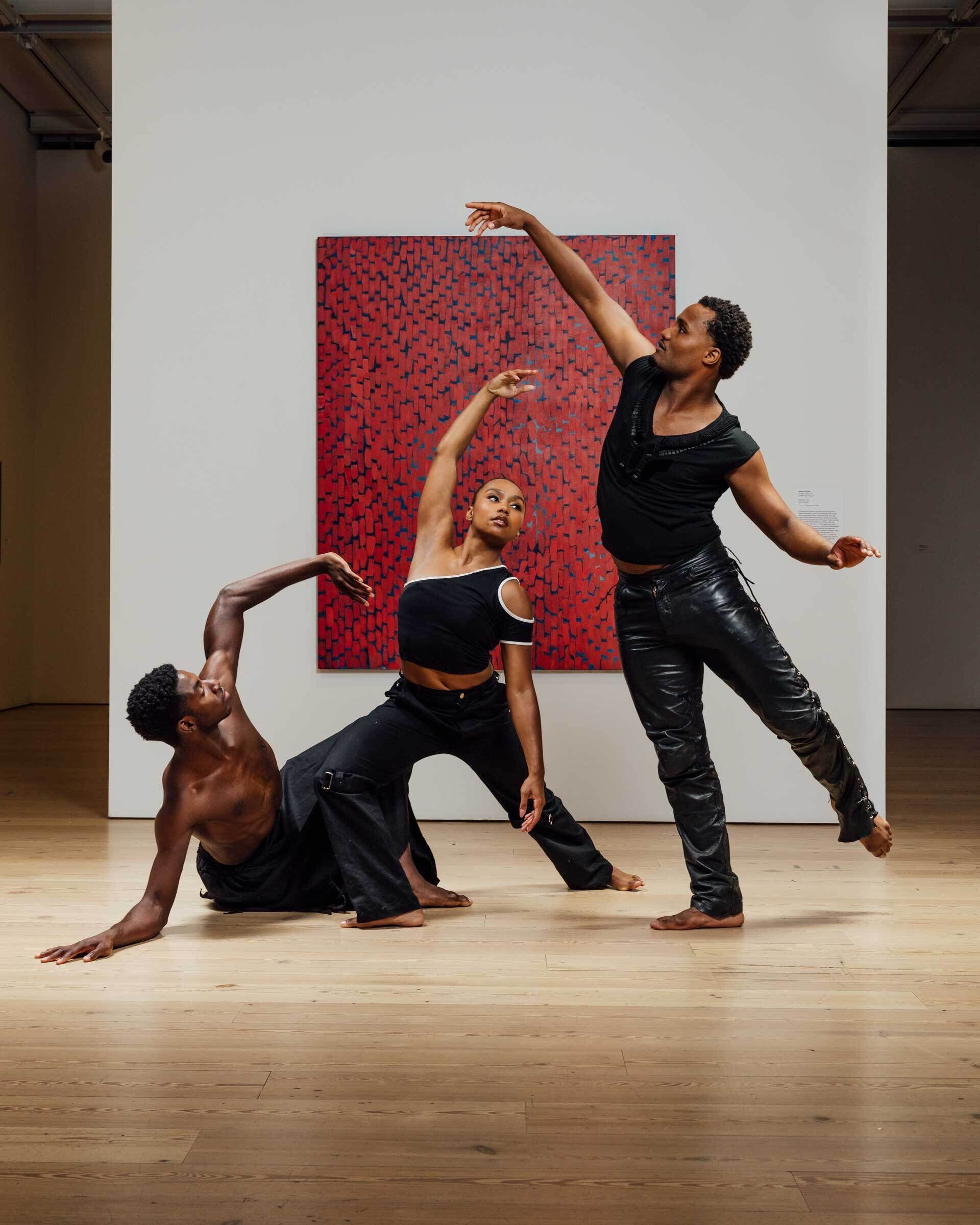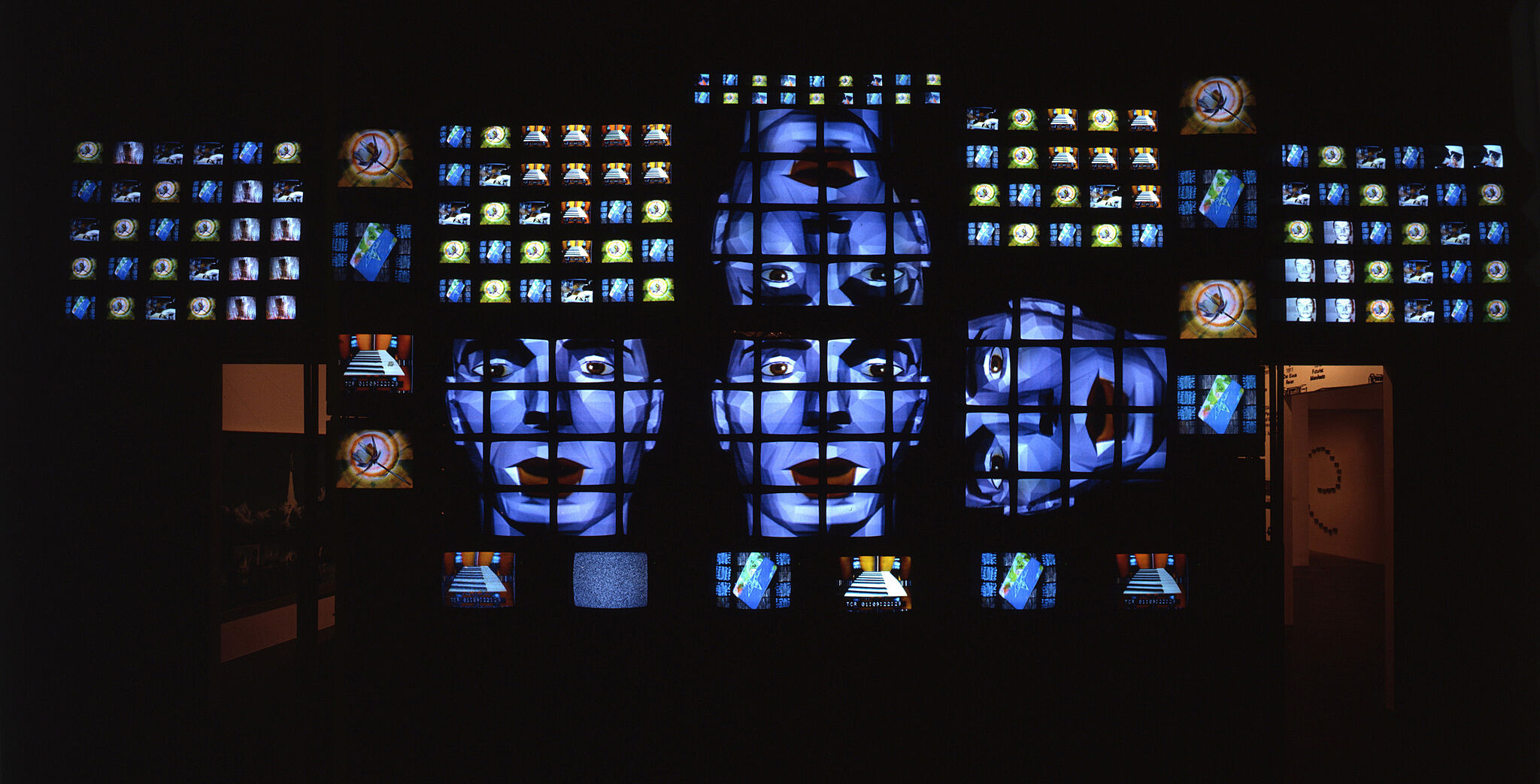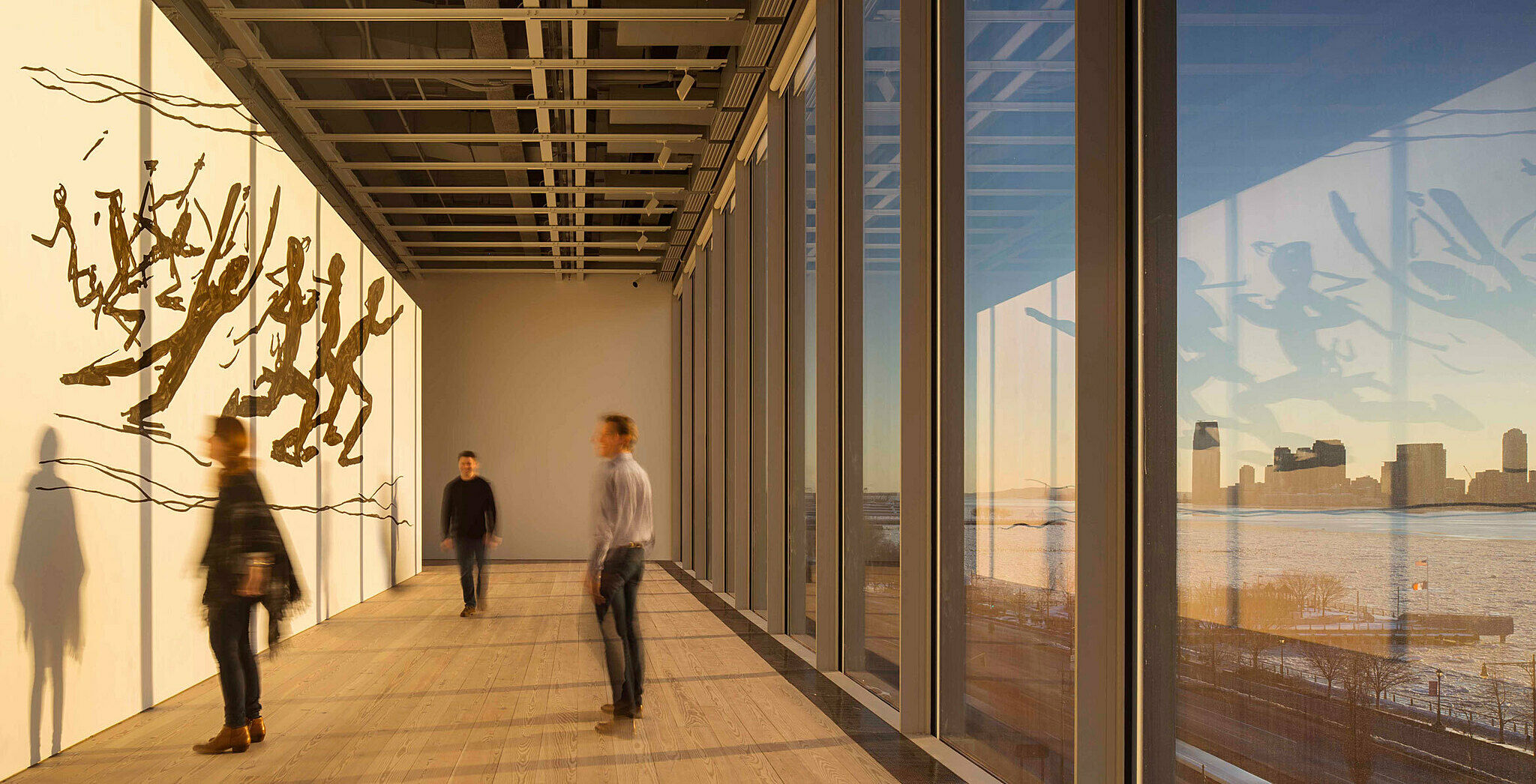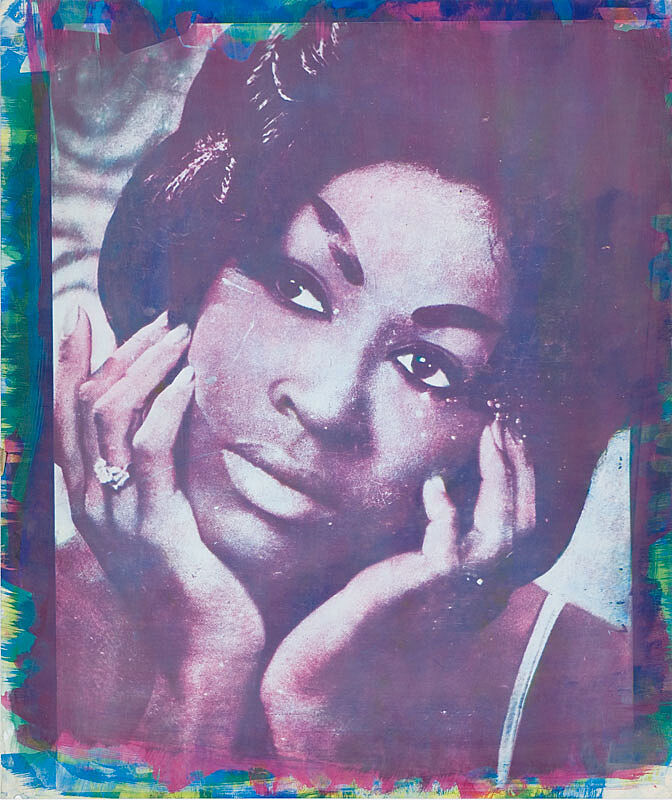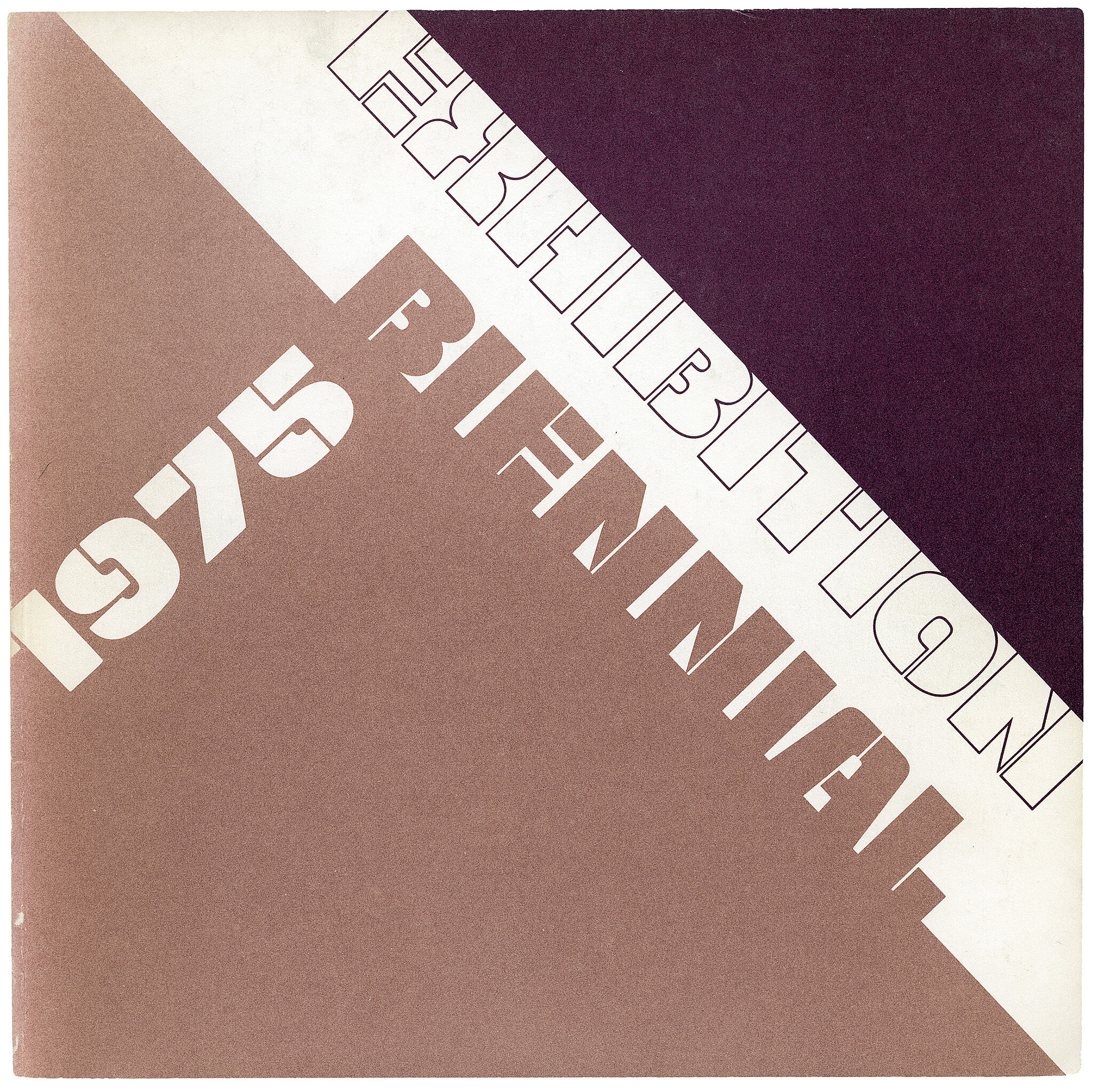Charles Gaines
1944–
Introduction
Charles Gaines (born 1944) is an American visual artist, whose work interrogates the discourse of aesthetics, politics, and philosophy. Taking the form of drawings, photographic series and video installations, the work consistently involves the use of systems, predominantly in the form of the grid, often in combination with photography. His work is rooted in conceptual art – in dialogue with artists such as Sol LeWitt, Lawrence Weiner and Mel Bochner – and Gaines is committed to its tenets of engaging cognition and language. As one of the only African-American conceptual artists working in the 1970s, a time when political expressionism was a prevailing concern among African-American artists, Gaines was an outlier in his pursuit of abstraction and non-didactic approach to race and politics. There is a strong musical thread running through much of Gaines' work, evident in his repeated use of musical scores as well in his engagement with the idea of indeterminacy, as similar to John Cage and Sol LeWitt. He lives in Los Angeles, California.
Wikidata identifier
Q18098196
Information from Wikipedia, made available under the Creative Commons Attribution-ShareAlike License . Accessed February 15, 2026.
Introduction
While Gaines's works are never overtly racial in theme, his approach to creating art that is both conceptual and political is drawn in part from his experiences of art-world racism in the 1970s.
Country of birth
United States
Roles
Artist, conceptual artist, installation artist, painter, photographer, sculptor
ULAN identifier
500062753
Names
Charles Gaines
Information from the Getty Research Institute's Union List of Artist Names ® (ULAN), made available under the ODC Attribution License. Accessed February 15, 2026.

